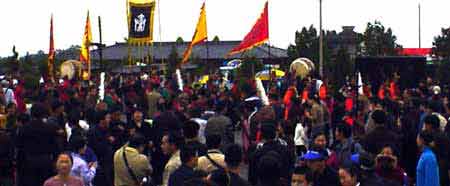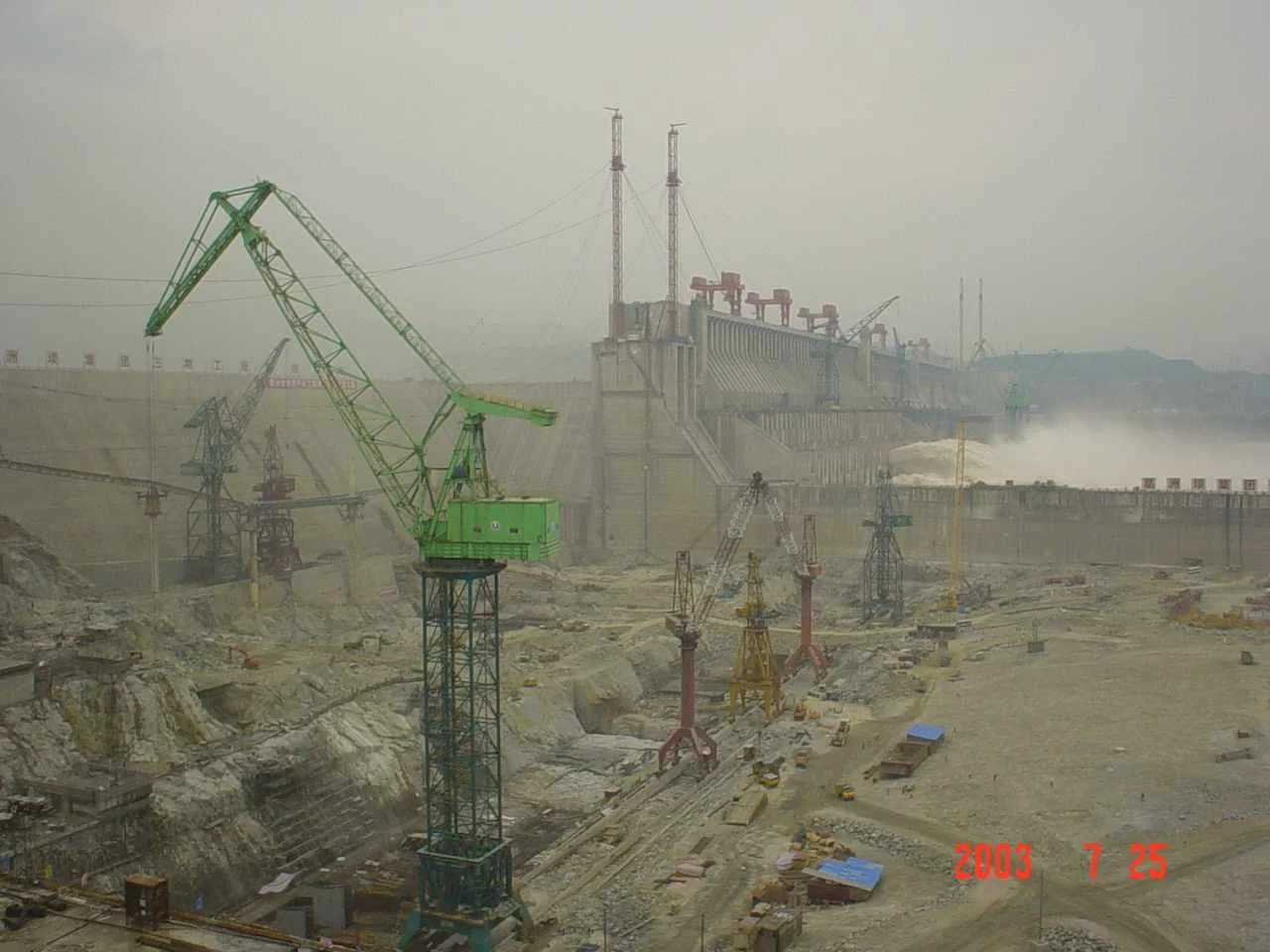Cynicism and civilization
September 20, 2005
The myth of the 5,000 years
THERE IS a sense that in the vastness of Chinese history, everything is eventually assimilated, accepted and added - without judgement - to the Annals. In the deserts of Ningxia, for example, a sort of homage is paid to Genghis Khan at a number of excavations that date from the Eastern Xia Dynasty, which Genghis mercilessly eradicated to found what was known as the Yuan Dynasty.
At the excavations, China is not actually celebrating the carnage that allowed Genghis to lay claim to the Mandate of Heaven, but the fact that he was somehow, in whatever way, brought into the fold of Chinese civilization. It was, after all, a very long time ago.
We've been hearing more and more about the country's 5,000 continuous years of civilization in the last decade, and it carries the implication that there is a river of history connecting the Yellow Emperor to Chairman Mao, thus conferring on the current regime a kind of overarching legitimacy that owes nothing to the Revolution and all its failures, but rests on the idea of being the torch-bearer for a notion of Chineseness that flows through the veins of the Chinese state.
In mausoleums throughout the nation, the continuity is celebrated, with incense as likely to be lit in front of the bronze statues of Chairman Mao Zedong as it is in front of the shrines to Emperor Qin Shihuang or the umpteen beatific dome-headed Buddhas scattered throughout every city in the land. Photographs of CCP bosses are as likely to grace the old monuments to Confucius in Shandong as they are the remnants and reliquaries of Party history in Shanghai and Nanjing. The trails of 'Red Tourism' in Shaanxi and Hunan wind through and between the ancient temples and ancestor ruins of long-gone dynasties, and are viewed, somehow, as all-of-a-piece, as glorious iterations of the national spirit that call out to all who share their provenance – Taiwan, Hong Kong, Macao, Singapore, London, Manchester.
The current government has, for some time, been positioning itself as the heir to this historical mission, to the spirit that brought us gunpowder and paper, Confucius and Lao Tze, The Art of War and The Water Margin, the navigator Zheng He and the astronaut Yang Liwei, or the poems of Du Fu and the poems of Chairman Mao.
The great historical rupture that was Communism is no more, with the exception of a few doctrinaire old-timers on the margins of the Party schools, and all that is left is Party cynicism and the ageless myth of Chinese civilization.






